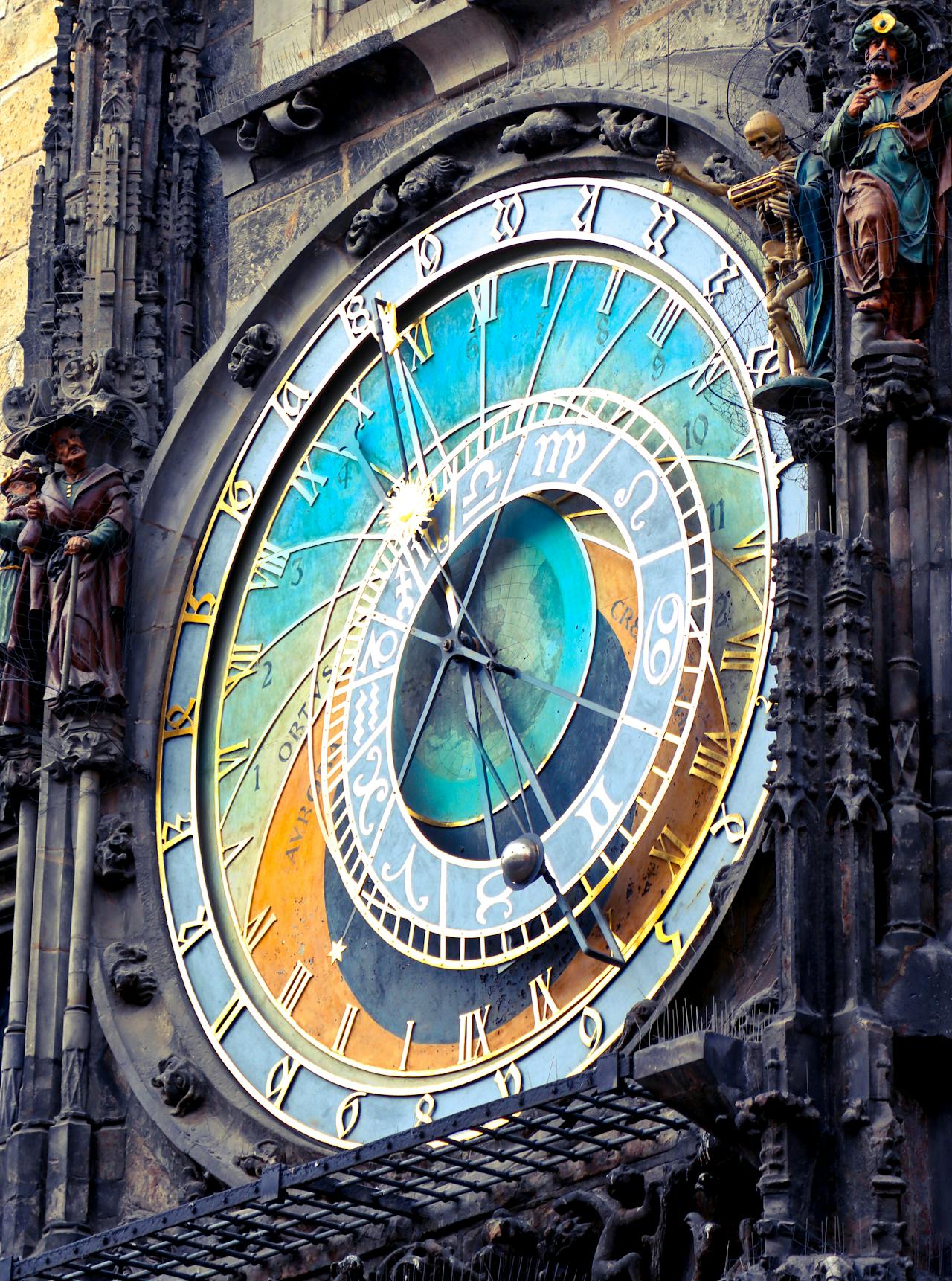“History is written by the victors.”
-Winston Churchill (attributed)
What If… ?
The hallmark of sapience, from which we derive our taxonomic name homo sapiens, is hypothesis. The ability to plot possible effects from our choices is the greatest strength our enlarged frontal lobe grants us; to be able to plan for possibilities allows us to be proactive rather than relying on instinctual reaction. This intellectual capability leads to planning, planning leads to action, and the possible futures collapse into the single arc of cause and effect that makes up history.
Of course, this forethought can also be turned retrograde; it is a preeminent preoccupation of a hypothetical mind not to wonder about what has happened, but what could have happened. For most of the choices we make throughout life, though, this question is moot, as we cannot change what has already happened. Yet, we still delight in (or, perhaps, dread) this retroactive hypothesis to the point that there is an entire niche of stories that spans across fantasy, science fiction, and historical fiction that speculates on this very idea. What if we had, like Robert Frost’s much-misread poem, taken that road less traveled by?
Below is my usual survey of read/reading/should-have-read books of speculative fiction, plucked from my most recent booklist, that dares the reader to ask “What if…?”
… The Napoleonic War was fought with dragons? “His Majesty’s Dragon” by Naomi Novik
This novel’s point of divergence is an ancient one: in this world, dragons developed alongside humanity in the evolutionary history of the world. But, other than that, the course of (human) history has continued on (approximately) the same course, barring a few differences that are spoilers.
It is the year 1804, and the War of the Third Coalition is just beginning. Napoleon is extending his grasp over continental Europe and the eponymous alliance stands against his expansionist aspirations. Captain William Laurence of the British Royal Navy captures a French vessel and, with it, an unhatched dragon egg of unknown origin. Soon, the dragon hatches, and forms a nigh-symbiotic empathic bond with Laurence, leading him to join His Majesty’s Aerial Corps as a newly minted dragon rider. What trials and tribulations will the pair face as Napoleon’s forces seek to reclaim what is theirs, as one of the world’s first Great Wars commences?
I first read this cross between “Sharpe’s Rifles” and “Eragon” in high school, and was surprised at the amount of historical fact that had worked its way into this fiction about dragon combat and Regency-era society. Novik weaves a tale so engrossing and embedded in its historical fiction setting that it is almost easy to forget it’s a fantasy book! That is, until a boat being carried by dragons to invade England comes under attack by the acid- and fire-spitting predecessors of the RAF while Will Laurence and Temeraire have a psychic strategy planning session above the clouds. But other than that, it’s easy to forget! Novik has written many more novels in this series, in which we see this timeline further diverge from the history we all know, as we see what impact giant, flying, intelligent, and fire-breathing reptiles have on the course of human history.
… John F. Kennedy’s assassin was stopped by a time traveler? “11/22/63” by Stephen King
Despite the date that this novel takes its title from, the point of divergence for this book is (technically) in 2011, when a time slip from the back room of a diner to September 9th, 1958 is discovered.
By traveling back in time through the previously mentioned wormhole, English teacher Jake Epping seeks to change the course of history by preventing Lee Harvey Oswald from ever pulling the trigger from the Book Depository. By going back to the same date each time he steps through the store room of the diner, he dons the guise of George Amberson in order to drastically alter the course of history. Of course, nothing is as simple as it seems when it comes to time travel and its consequences.
This novel was very nearly my usual third book, in the “I really should have read this by now” part of the blog, but I decided to save myself the shame of having two in the same blog by finally cracking this one open. While there is no disputing King’s mastery of horror, my opinions on his bibliography fall into the camp where, when he steps out of his usual wheelhouse, like with this book, “The Green Mile,” and “The Body” (which became the film “Stand By Me”), King’s skill with storytelling really shines. I’m hoping that “11/22/63” will fit squarely in that category as well, from the bit that I’ve read; this novel’s proving to be a real page-turner that blends the impetus of the premise with a personal, character-driven tale. There is a heavy amount of detail which has taken some extra time to absorb, as King seems to want to fill out every bit of minutiae of the late 50s/early 60s. I’ll have to see if this continues throughout the book, because that might become a bit cumbersome in a book which, weighing in at over 800 pages, falls very much into “tome” territory. However, I’m enjoying it so far, and I am anxious to see what repercussions come of Jake’s attempts to change the past.
… FDR had been assassinated before WWII? “The Man in the High Castle” by Philip K. Dick
This novel’s point of divergence can be traced down to a single event on a single day: In our timeline, Giuseppe Zangara attempted to assassinate Franklin D. Roosevelt on February 15th, 1933, but missed and instead killed the mayor of Chicago. In Dick’s history, Zangara was more successful, and that led to a much darker outcome to World War II.
“The Man in the High Castle” imagines a different flavor of Cold War: instead of the allies-turned-rivals story of the USA and the USSR, Philip K. Dick imagines a similar political rivalry arising between a victorious Third Reich and a greatly expanded Empire of Japan, both controlling swathes of the now-occupied United States. The novel follows several characters who live under this new regime, and the acts of intrigue and espionage that filled our mid-20th century fiction about the Cold War play out between the Germans and the Japanese.
Once again, I find myself baring my inadequacies to you, dear reader. While I have read “Do Androids Dream of Electric Sheep,” I have not delved much further into the other great works by Philip K. Dick. This novel is the one that made him successful and won him his only Hugo. It also began the resurgence of alternate history in science fiction, which boomed after “High Castle’s” publication.
From my scant research on it, in order to save myself from spoilers, this novel also uses a novel (pardon the pun) technique within the plot to further examine the idea of alternate history, as much of the story involves itself with a book published in-universe that speculates as to an alternate alternative history; what if the Nazis had lost WWII? This book comes off as nearly as improbable in the story as the real novel does to us, but it is quite an interesting way to examine alternative history as a genre!
Of course, perhaps this blog post could lead to an alternate history itself? Perhaps I should write another one with all of these novels reversed in their positioning to explore the myriad paths that my reading history could have taken? Or perhaps that it simply too much work for a joke bit? I encourage you to ask yourself, what if…? Find an answer or two in my most recent booklist here!



